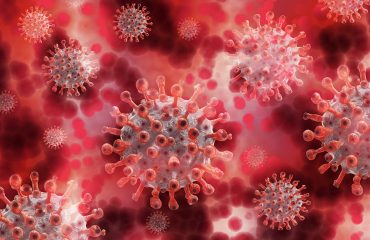Q. Are hair dyes safe? Can they cause cancer?
A. About one-third of all American women use permanent hair dyes, and through the years, there has been debate over whether the chemicals used in hair dye are carcinogenic. In particular, two compounds formerly used in dark hair dyes – 4 MMPD or 4 MMPD sulfate – were shown to cause tumors in laboratory animals.
Although manufacturers are no longer using these chemicals, there is concern that the new ones being used may pose potential problems because they have not undergone FDA testing. In fact, some consumer groups have been lobbying to have these chemicals banned until they have been thoroughly tested. Before you panic, however, I want to reassure you that two recent, large-scale studies have generally confirmed the safety of hair dyes. The first study, published in the Journal of the National Cancer Institute (May 1995), involved half a million women who use permanent hair dyes. Researchers found that even women who had used hair dyes for more than two decades did not have an increased risk of breast, stomach, lung, or other cancers. The only exception was that women who had used black hair dyes for more than 20 years had a slightly increased risk of non-Hodgkin’s lymphoma and multiple myeloma, two rare forms of cancer. Another study, which was published several months later (October 1995) In the Journal of the National Cancer institute, involved an investigation of about 100,000 registered nurses by researchers at the Harvard school of Public Health. Unlike the first study, the Nurses’ Study did not find any link between the use of hair dyes of any type and an increased risk of any forms of cancer.
Based on the studies, I think it is safe to assume that any hair dye on the market is safe to use. If you are still concerned about using any chemicals on your hair, I recommend that you ask your hairdresser about a natural product called henna, which is basically a vegetable dye. Henna can highlight hair and cover gray, but it is not permanent and it needs to be reapplied every six to eight weeks.
Specialist in internal medicine and primary care.





